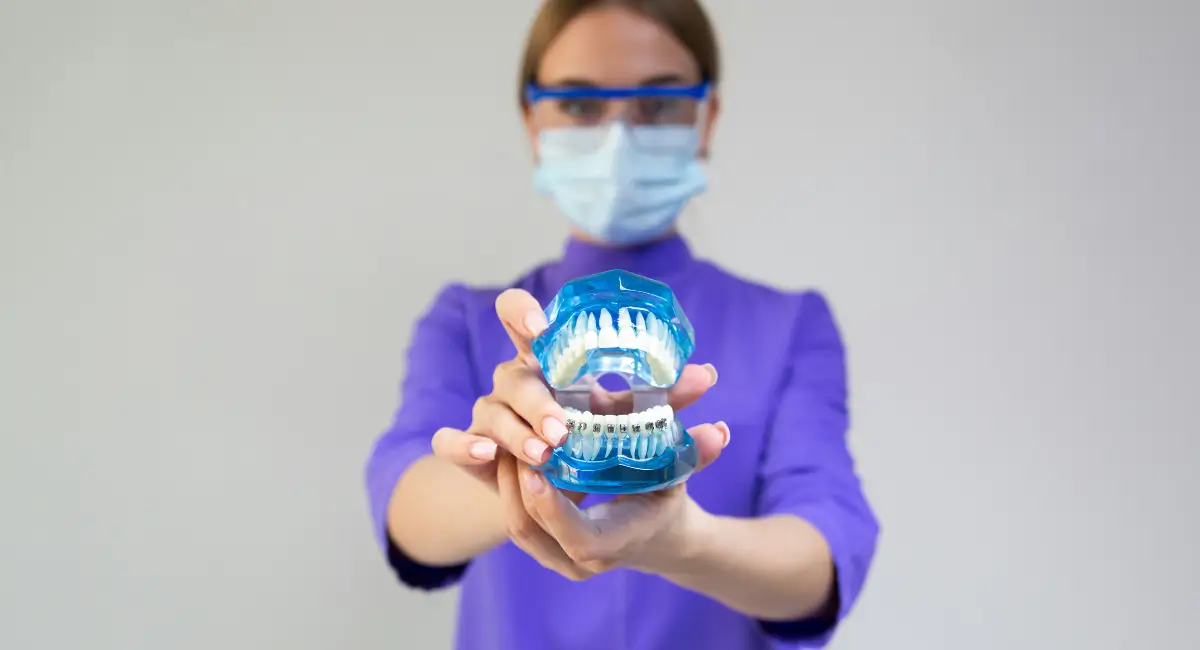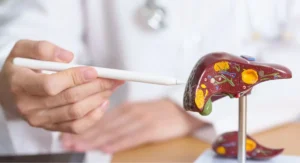In order to maintain your smile and your oral health, dental implants are the gold standard for replacing missing teeth. Dental prosthetics, however, offer a variety of solutions that are tailored to meet the needs and preferences of individual patients. We will explore the range of alternatives to dental implants in this comprehensive guide.
You can restore your smile and confidence with a wide range of options, ranging from partial dentures to all-on-4 implants. This post is meant to provide you with the information you need to make an informed choice, whether you’re a health enthusiast interested in dental healthcare, an oral health patient facing a choice between treatment options, or an aging adult seeking to maintain your quality of life.
Contents
The 4 main alternatives to dental implants
1 – Partial dentures
A partial denture is a comfortable and cost-effective option for replacing several teeth in a jaw. A partial denture can be worn when some natural teeth remain, unlike a full denture, which replaces the entire arch of lost teeth. A metal or plastic clasp is typically used to connect them to the remaining teeth, or precision attachments can be used to make them appear more discreet.
Pros and cons of partial dentures
Pros:
- Affordability compared to other treatments
- MINIMALLY invasive and reversible
- Versatile and able to accommodate various tooth loss patterns
Cons:
- Potential for discomfort during the adjustment period
- Limited functionality and chewing strength compared to natural teeth
- Can contribute to bone loss over time due to lack of stimulation
Suitability for Different Cases
Partial dentures are ideal for those with multiple missing teeth and an adequate number of healthy natural teeth to support the denture. However, they may not be the most effective fit if the remaining natural teeth are in a compromised state, as the additional pressure exerted by the denture can cause further harm.
2 – Dental bridges
Dental bridges are another popular alternative, particularly for patients with one or more missing teeth in a row. They consist of one or more artificial teeth – known as pontics – held in place by dental crowns cemented onto the teeth adjacent to the gap.
Advantages and disadvantages
Advantages:
- Effective at restoring a natural-looking smile
- Stabilizes neighboring teeth and prevents drifting
- Faster treatment time than dental implants
Disadvantages:
- Involves altering the structure of healthy adjacent teeth
- Limited to specific cases of tooth loss and bone health
- More susceptible to damage than dental implants
Comparison with dental implants
While dental implants are generally considered the most durable and long-lasting solution, dental bridges can be an effective option for those who are not candidates for implants or who prefer a less invasive treatment plan.
3 – Mini dental implants
MINI dental implants are a relatively new solution that offers a less invasive method of anchoring dentures or bridges. They are smaller in diameter than traditional implants and can often be placed without the need for complex bone grafting procedures.
Benefits and considerations
Benefits:
- Quicker and less invasive insertion process
- Often more cost-effective than traditional implants
- Suitable for patients with low bone density
Considerations:
- Lower long-term survival rates than standard implants
- Less versatility in supporting various prosthetic designs
- May not be ideal for cases requiring extensive chewing force
Success Rates and Applications
The success rates for mini dental implants vary but are generally lower than traditional implants. However, they can still be a viable option for stabilizing dentures in certain cases. This is especially important for elderly patients or those with specific health considerations.
4 – All on 4 implants
All-on-4 dental implants provide a full set of artificial teeth in a single arch, using only four implants for support. This technique can often provide a same-day solution for patients suffering from complete tooth loss or severe dental problems.
Advantages and limitations
Advantages:
- Immediate function with a full set of teeth on the same day
- Reduced need for bone grafting in most cases
- High patient satisfaction with aesthetic results
Limitations:
- The success of the All-on-4 technique depends on proper case selection and surgical precision
- Not suitable for patients with certain medical conditions or jaw structures
- The procedure is irreversible, unlike some other implant techniques
Cost Comparison with Traditional Implants
While All-on-4 implants offer cost and time-saving benefits compared to individual dental implants, the initial investment may still be higher than dentures or bridges. However, it’s crucial to consider the long-term benefits and overall value when weighing the cost.
Conclusion
There are a number of alternatives to dental implants, each with their own advantages and disadvantages. Dental implants offer unparalleled stability and functionality, but other options are more suitable for a particular situation. Getting a qualified oral health professional to assess your oral health, discuss your preferences, and recommend the best course of action is essential when considering dental treatment.
Your oral health is an integral part of your overall well-being, and finding the right orthodontic solution is an investment in your quality of life. There is no one-size-fits-all answer when it comes to partial dentures, bridges, mini dental implants, or All-on-4. Knowing the array of options available can help you to choose the option that best meets your needs and approach oral care with confidence.
Keep your dental health in mind, and remember that the right smile is just around the corner, waiting for you to give it a try.
- 10 Negative Side Effects Of Portobello Mushrooms – The Double Edged Delicacy
- 7 Critical Signs Your Liver Is Dying You Can’t Ignore
- A Comprehensive Guide Of L Carnitine Injections
- A Comprehensive Guide To Crystals For Weight Loss
- A Comprehensive Guide To Understanding And Preventing Friction Burns On The Penis: Tips For Healthy Intimacy
- A Guide To Botox And Surgery For Youthful Eyes











